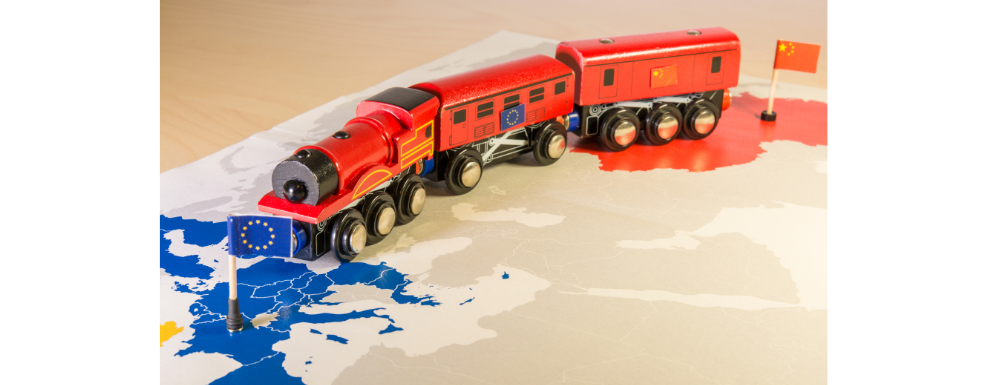When the EU claims de-risking rather than decoupling is the preferred terminology for its move to diversifying supply chains from China without severing ties completely, what does it really mean? In a recent Bloomberg news article, the writer delves into what will happen with the strategy if China invades Taiwan.
A new study by the Kiel Institute for the World Economy looks at the potential results of “hard decoupling” between China and Germany, the latter being Europe’s biggest economy and the world’s #3 exporter.
The study’s results model a “Cold War 2.0” where the world economy breaks into three blocs: the Group of Seven (the West), China and its allies (Russia), and others who are neutral, including Brazil and Turkey. The study forecasts a German economy shrinking by 5% in the first year following the attack; the loss would fall to 1.5% in the long term. In the past, Berlin stopped trade and energy ties to Russia after Moscow’s Invasion of Ukraine in 2022, which Germany is still feeling.
The study shows that a steady reduction in trade with China now makes more sense than waiting for an “event.”

